The common household noises that are ruining your hearing
Earplugs in

Lifestyle
Don't miss out on the headlines from Lifestyle. Followed categories will be added to My News.
Many of us don’t pay our ear health any thought until we get old, but according to experts, everyday noises could be damaging your hearing.
According to Connect Hearing, one in six Australians experiences hearing loss, and that number is expected to grow to one in four by 2050.
Whether your hearing health rarely crosses your mind, or you only think about it at the onset of that annoying ringing after you leave a loud pub or concert, your ears are pretty sensitive to loud noise and can easily be affected.
We assume we don’t need to worry about our hearing until we’re old unless we’re genetically at risk of hearing loss, or working around loud industrial power tools, but it doesn’t take a lot to induce minor hearing loss.
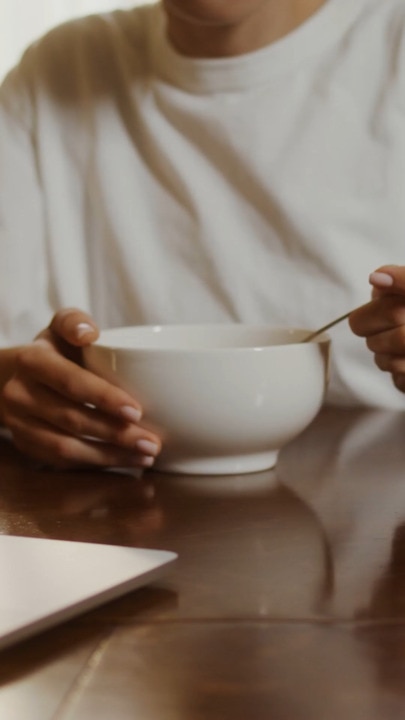
Noise-induced hearing loss is a result of continuous exposure to loud noises damaging the tiny hairs in the inner ear. Extended exposure to 85 decibels or more can put you at a higher risk of hearing loss.
According to acoustic experts at Decibel, there are many household items we use every day that could be damaging our hearing.
7 everyday noises that could damage your hearing:
Hair dryers
None of us want to go to bed with wet hair, especially over Winter, but our hair dryers could damage our hearing.
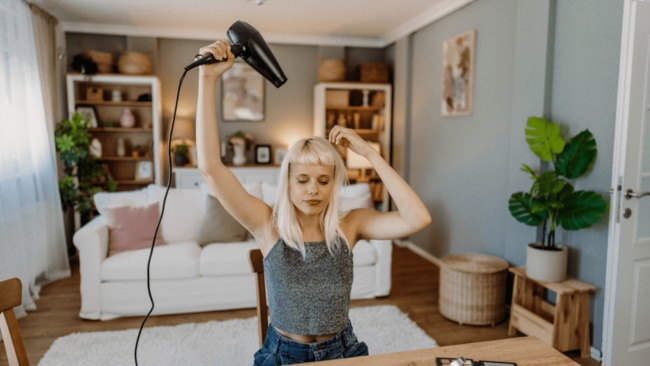
Unless you have super-long arms, the tool is probably being held near your ear for a decent stretch of time while you dry off your hair, maintaining your exposure to about 80 to 90 decibels.
Some hair dryers have noise reduction features, but the experts recommend trying to break up your regular 10 or so minutes spent drying your lengths.
Vacuums
It’s impossible to hear anything else in the room once you start vacuuming, and prolonged exposure to the 70 to 85 decibels generated can damage your ears.
Some vacuum cleaners also have noise reduction tech, but you may want to keep your ears at a safe distance from the appliance and limit the amount of time spent vacuuming.
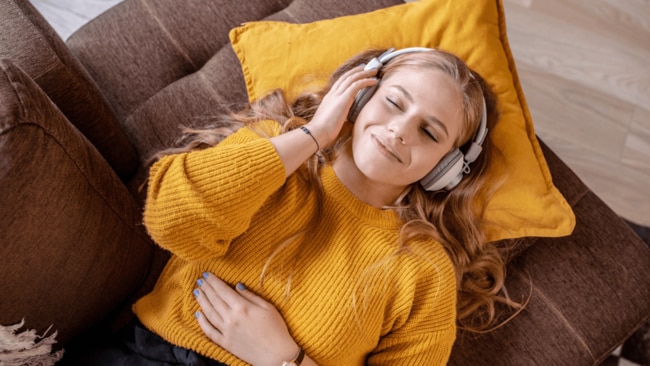
Listening to music
Headphones are a permanent accessory to many of our outfits.
Whether we’re on the train, at the shops, on a walk, at the gym, or at work, we’re listening to music.
Unsurprisingly, blasting music directly into our ear canals can be harmful to our hearing over time.
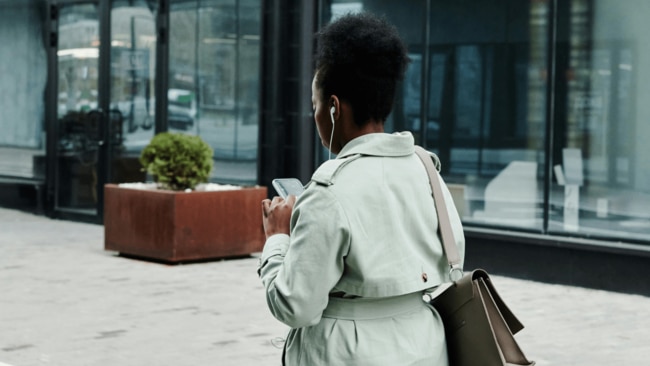
Playing music over 85 decibels for a long time over and over can gradually cause hearing loss and even neurophysiological damage that affects our sound perception.
The experts encourage lowering the volume, taking five-minute breaks for every hour you listen to music, listening to your phone when it warns you of unsafe noise levels, and bringing earplugs to concerts or nights out while keeping your distance from speakers.
Noise-cancelling headphones are also a great purchase, blocking out background noise so you don’t need to turn your music up to hear it clearly.

Blenders
Your daily smoothie may not be as healthy for your ears as it is for your gut.
Blenders can get as loud as 100 decibels.
To put this into context, this is the noise limit of most music venues, so it’s well outside of the safe sound threshold.
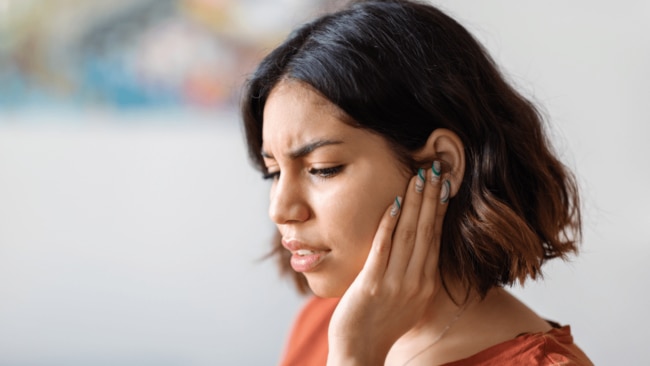
Very few of us use our blenders for a prolonged period of time, but regular use can damage our ears.
The acoustic experts suggest wearing earplugs or noise-cancelling headphones while making your morning drink, or at least taking breaks and keeping a safe distance when the appliance is in use.
Power tools
Just 15 minutes using power tools could expose you to 100 or even 120 decibels, causing hearing damage.
So keep your noise-cancelling headphones or earplugs handy before getting on the tools to protect your ears.

Driving with the windows down
We all love a main character moment on the motorway.
But engine noise, wind and traffic sounds when you're driving fast can reach over 89 decibels.
If your default response to car noise is turning up your music, don’t.
And if the annoying sounds of car horns and engines aren’t enough to make you wind your windows up, at least try to alternate between putting them up and down or take breaks during long drives to protect your ears.
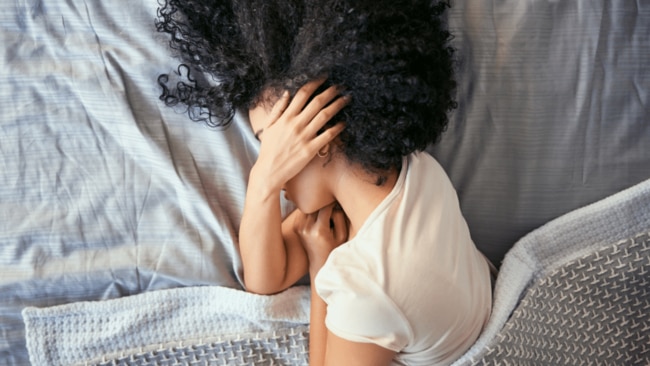
Cleaning your ears
While not a sound, using cotton swabs is an honourable mention among threats to our hearing.
We know sticking a tightly packed ball of cotton into our ears just compacts the wax instead of cleaning it out, but the habit can also potentially cause hearing damage.
Cotton swabs can damage the sensitive ear canal, increasing the risk of infection or a punctured eardrum, which can cause hearing loss.
So if you’re concerned your ears are blocked or you feel pain, a doctor can safely remove excess earwax; otherwise, leave your ears alone.
Acoustic Engineer and Founder of Decibel, Tsvetan Nedkov emphasised the importance of paying attention to things that could impact our hearing, saying, “making small changes to the way we manage prolonged noise exposure can also have a huge positive impact on our long-term hearing health.”
More Coverage
Originally published as The common household noises that are ruining your hearing





